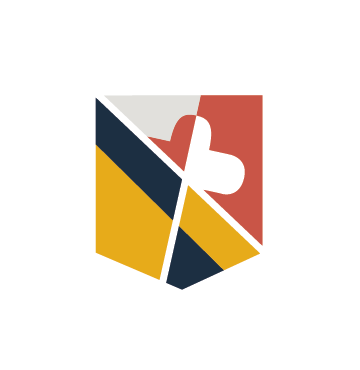Many Colleges Now See Centers for Teaching With Technology as Part of ‘Innovation Infrastructure’
The survey conducted by the Kirwan Center on directors of academic-technology centers at 163 colleges and universities is featured in an new article in the Chronicle of Higher Education







